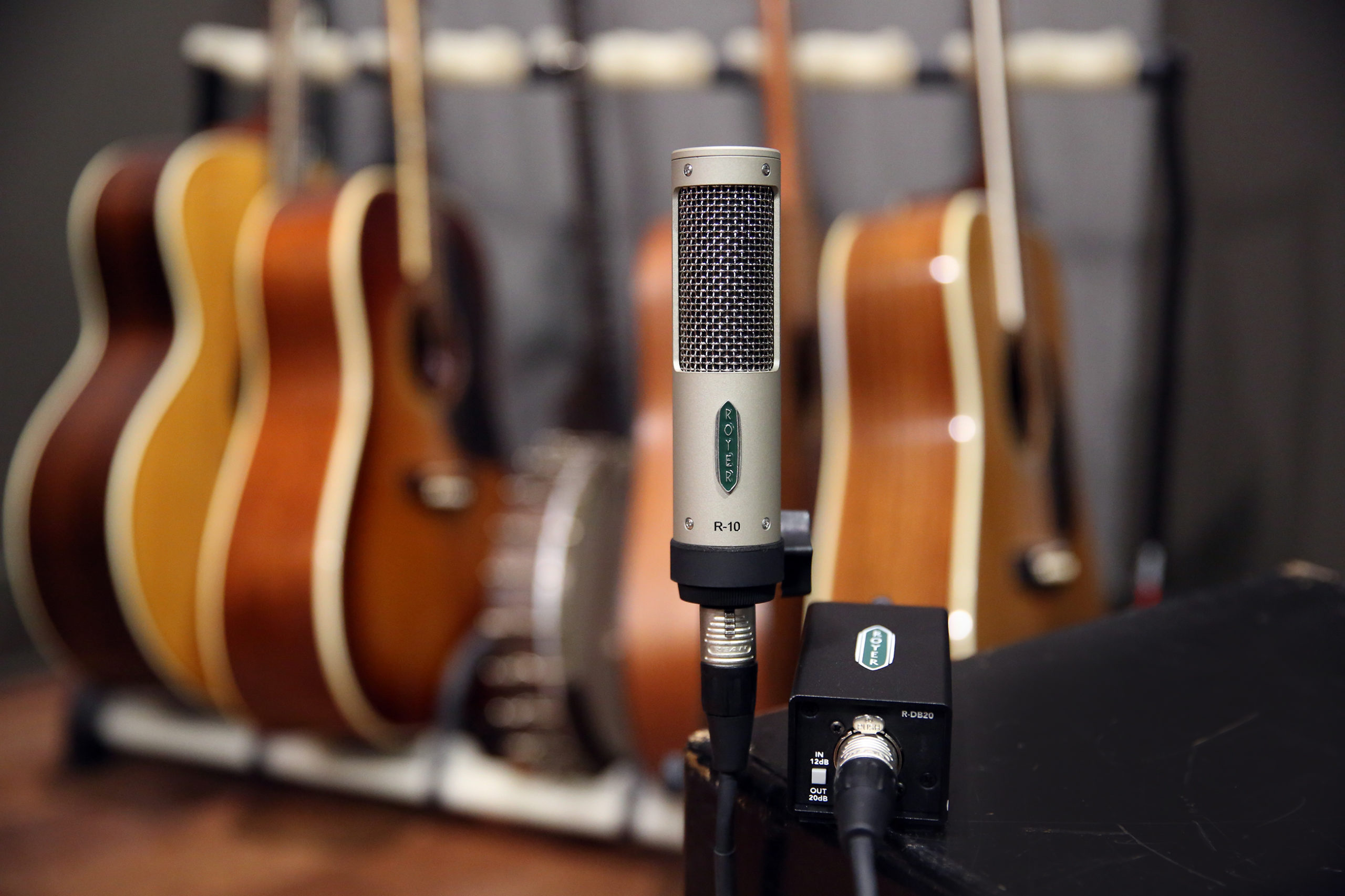Tony Valenziano, lead singer of power-pop band The Stand, faced a crossroads. His act had been dropped and Epic Records wasn’t going to release their recently recorded album. As part of their exit agreement, he acquired the masters. All he needed to get the muisic out there was a label. Why not create one?
“I was going to call it Smash Records, but some New York company had [the name],” he says. He’d been calling the band Smile, so he got around the naming barrier by switching them around. Smile Records was officially born in 1995.
The first artists he signed were discovered at an L.A. festival called International Pop Overthrow, formerly known as Poptopia. It was brimming with power-pop bands that complemented Valenziano’s musical style. “I saw unbelievable talent,” he remembers. “I was like, is this genre having a resurgence? I started to pick and choose [artists] from there.”
Musicians who’ve called the label home include The Negro Problem, Wondermints, Carla Olson and Supremium. Another act, The Oranges, is a Japanese band that sings in English, even though the members are not conversant in the language. Another international possibility was Sweden’s The Merrymakers. Despite being mentioned in the label’s first piece of advertising, that deal was never finalized and the group never released anything with Smile.
Most notably, The Knack has an intimate history with Smile Records. Recently, Valenziano put together a compilation of unearthed material from Doug Fieger, the classic band’s guitarist. The label founder was originally going to release a conventional mix of greatest hits from the “My Sharona” hit makers. Unfortunately, Fieger’s sister, who was controlling his estate at the time, had already struck a deal with another label. That spurred a dive into the archives, which included an album of Hank Williams covers as well as work with Cars guitarist Elliott Easton. There were also solo songs recorded during a brief Knack breakup under the moniker Doug Fieger’s Taking Chances. Those demos hadn’t been heard in four decades.
As someone who views himself primarily as a producer, Valenziano enjoys bringing old material into the now. He breathed new life into the Chances tracks, which he describes as sounding very ‘80s. “The fun part about that was I got the 2” tape and remixed it,” states the late artist’s friend. “I kept a lot of that [‘80s] vibe, because if Doug was sitting behind me listening he’d want to keep the record as such.” Playing the cleaned up version for Feiger’s sister elicited a highly positive response.
“I’m really interested in repurposing older bands with things that have never been heard,” explains Valenziano. He has a strong affinity for tracks with intriguing histories. By way of example, he mentions songs whose fame arrived only after having been covered by another artist. “I like those stories,” the label founder confesses. He’s currently in the process of reissuing the majority of his catalog as part of a celebration honoring Smile’s twentieth anniversary. Each release is slated to include previously unheard tracks.
Valenziano isn’t exclusively interested in older, power pop artists. While the label has a reputation for the sort of harmony-focused, poppy sounds that are his stock and trade, Smile is open to all types of music. “I have records that are rockabilly. I have records that are Americana. I have a Christmas album that’s swing,” he declares. “I just like good.” Musicians curious about joining forces should contact him via email.
Smile artists commonly sign a 50/50 split with the label. There is a non-recoupable distributor fee and then the rest of the profit gets divided evenly. The label owns nothing and musicians retain all their publishing. Smile takes care of everything from manufacturing to art production, marketing and getting music onto streaming sites. Deals typically last for three years.
The pandemic has had an adverse affect on the label. Valenziano claims that, because artists have been unable to perform live, his savings have been reduced to a third of what they once were. “I did an album with The Babys,” he tells, referencing the British rock group popular in the late ‘70s. “We re-recorded all their hits and added a couple new tracks with today’s lineup. I got that done in August of 2019.” When COVID-19 hit, it prevented the band from touring and properly promoting itself. The upside to the viral situation is that Valenziano has been busy amassing material. Expect an onslaught of releases once restrictions have been lifted.
Facing adversity, however, isn’t new to Smile. It’s woven into the label’s origin story. A trio of debut releases had been set to receive an inaugural kick via a show at L.A.’s House of Blues. Supremium and The Andersons were ready to support headliners The Knack at the performance planned shortly before 9/11. After the disaster occurred, there was a period of uncertainty during which nobody knew whether the gig would happen. Ultimately, the nation resolved to not cower in fear of terrorism and the show went on as scheduled. “It was sold out,” Valenziano states, beaming with pride. “We got a lot of accolades about standing up and doing your stuff. That was kind of the groundwork of, okay, that’s what this label’s got to be.”
Contact smilerecords@gmail.com













